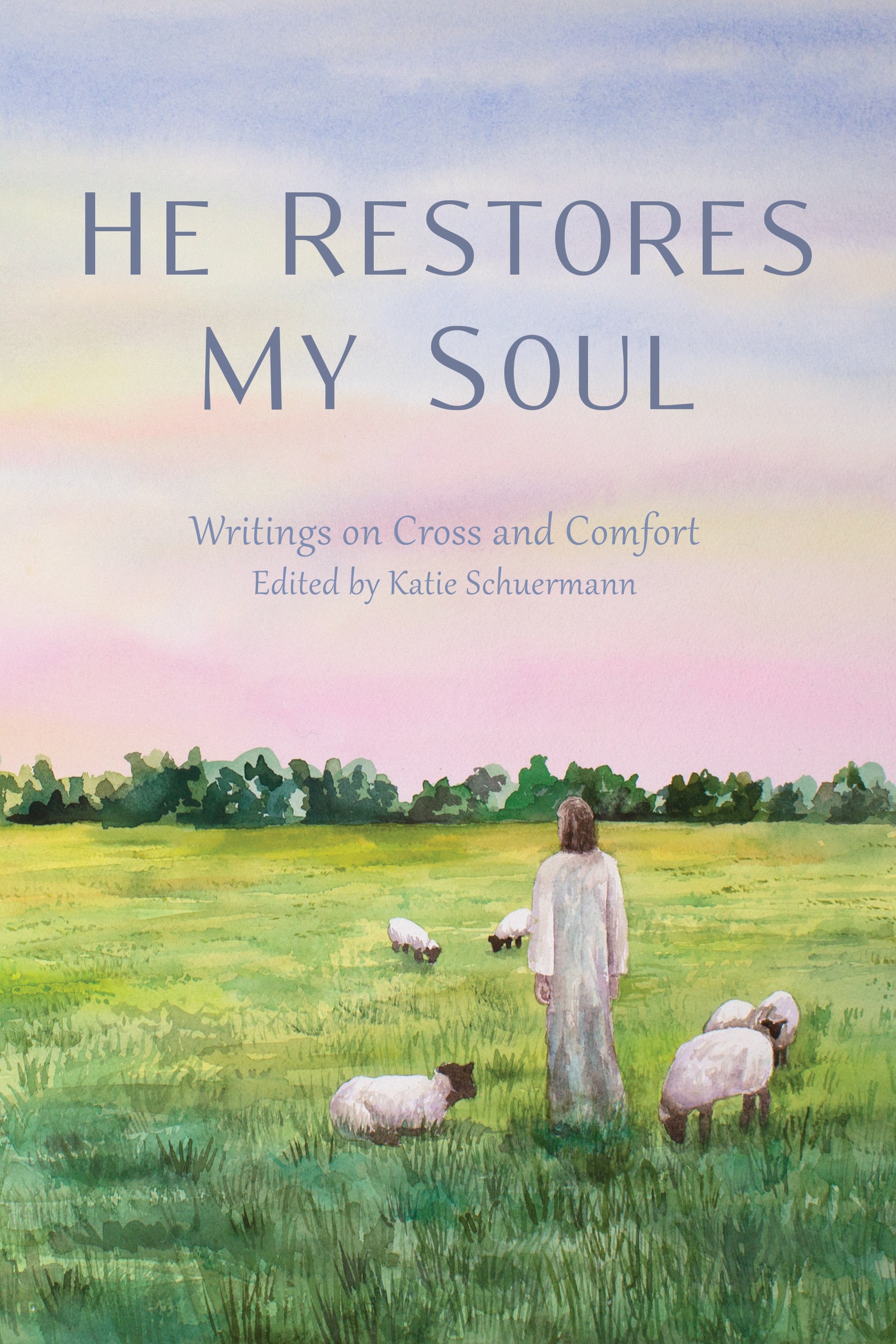Dad Martens is one of the most important people in our lives. Even though we barely see him anymore, he has probably done more to shape the faith and piety of the “California Peperkorns” than anyone else, save our parents. Kathryn and I were in Acappella choir at Concordia, Seward, with Dad from 1988-1992(3). Over thirty years ago he introduced us to Bach, Mendelssohn, Brahms, Decius, and a host of other luminaries of the faith and of music. That same faith continues in our own children.
Why do we call him Dad? We call him Dad because he was a father to us when we went to college. He taught us how to be adults, how to share the faith, how to play Schapfskopf, how to make (and eat!) Brötchen, and he even taught us how to take correction. I can remember more than a couple times when Dad’s temper at a choir was just the right thing at the right time. It’s a lesson every father must learn, sooner or later. But those brief moments of heat were nothing compared to the light and joy of watching him direct us in the proclamation of the Gospel all over the country and over Northern Europe.Â
This was the first time I saw Dad since Mom died after a frustrating battle with Alzheimers. We didn’t actually talk about her in our short visit, but her presence was undeniably there as well.Â
We named our son Richard Edmund, because God’s gift of faith comes through God’s gift of music, and we were privileged to be mentored under one of the very best.
Our daughter, Renata, will be going to Seward this fall, where she will (among others) study and learn under another one of Dad’s musical and spiritual children, Dr. Kurt von Kampen. If she has half the experience that Kathryn and I did, then she will be blessed for a lifetime. The music department at Concordia has never been better, and men and women such as von Kampen, Jeff Blersch, Joe Herl, and Elizabeth Grimpo are among the best that our church body has to offer to the future. I am, admittedly, just a little bias.
If you are a ‘Pellacan who sang under Dad from 1978-1998, I would encourage you to stop by and see him in Lincoln. You’ll be glad you did, and it will draw you back to the best times of your life. He’ll love to see you, and might even give you a Bier if you ask politely.Â
We love you, Dad.





 own by these women. They each have their own voice. They each have their own crosses to bear. Yet somehow, through it all, the Gospel of Jesus Christ shines through. They tell the story of the God who is ever present with His people, who walks with them through the valley of the shadow of death, and who never leaves their side, no matter what the trial. It doesn’t matter if they are talking about he burden of disease or death, single-hood or dementia, they share this language of faith in a way that I did not expect.
own by these women. They each have their own voice. They each have their own crosses to bear. Yet somehow, through it all, the Gospel of Jesus Christ shines through. They tell the story of the God who is ever present with His people, who walks with them through the valley of the shadow of death, and who never leaves their side, no matter what the trial. It doesn’t matter if they are talking about he burden of disease or death, single-hood or dementia, they share this language of faith in a way that I did not expect.